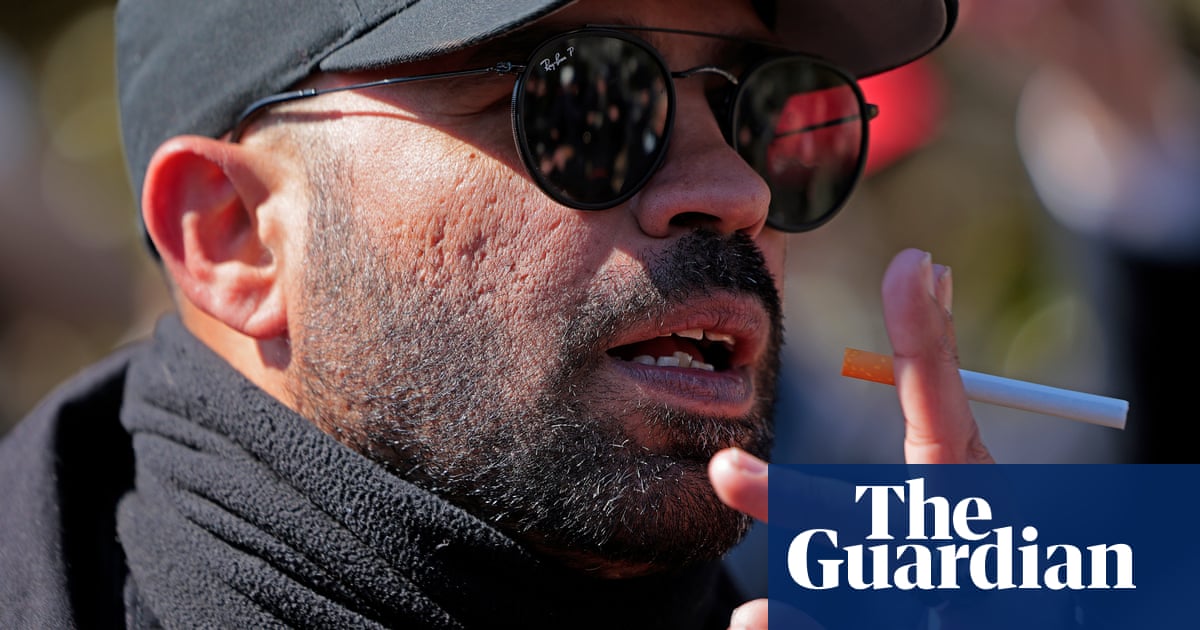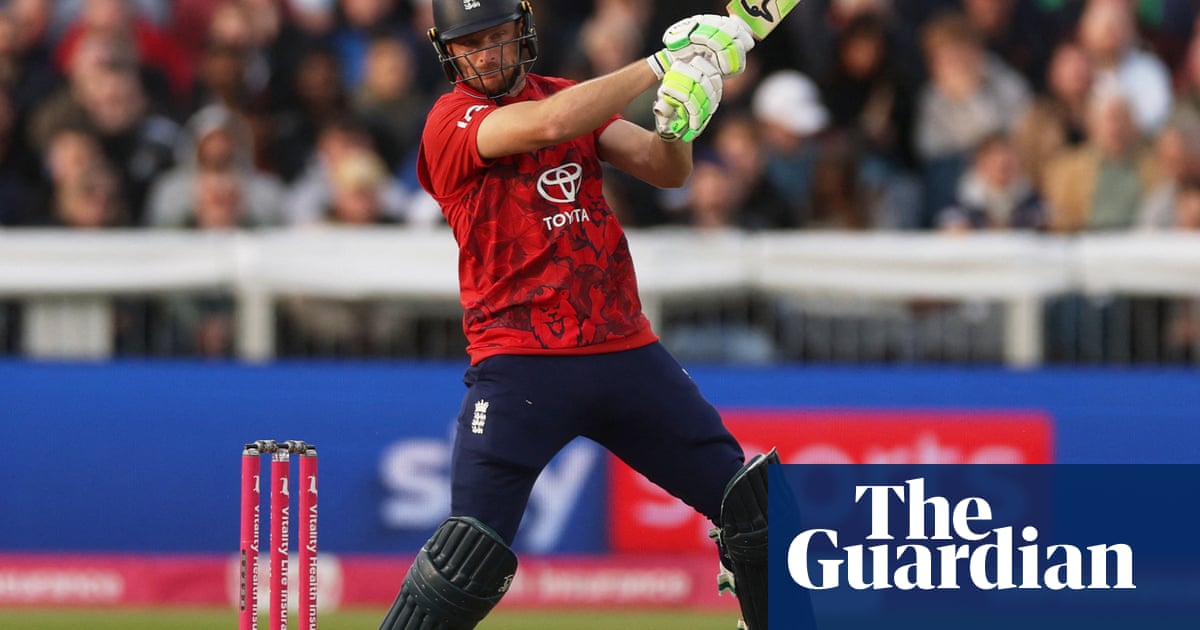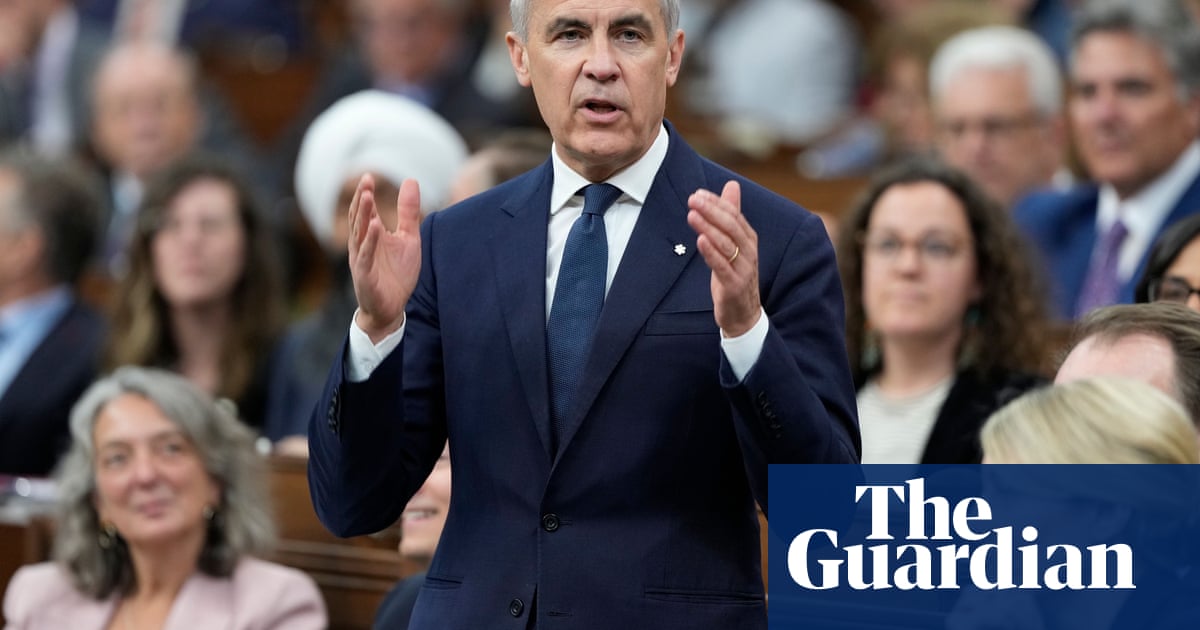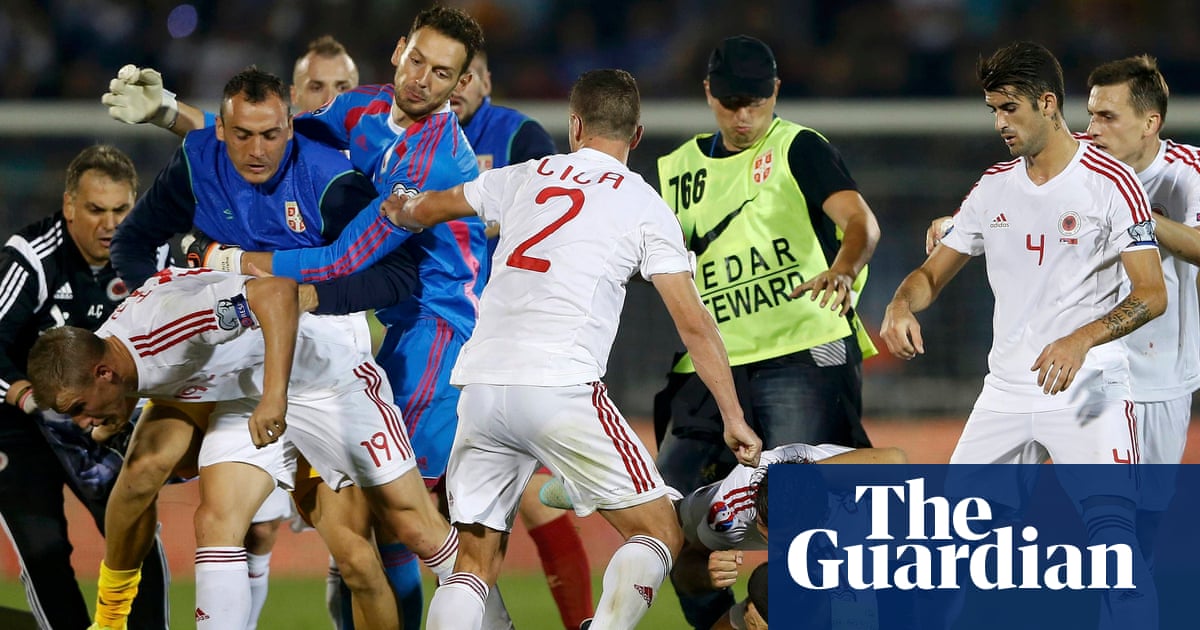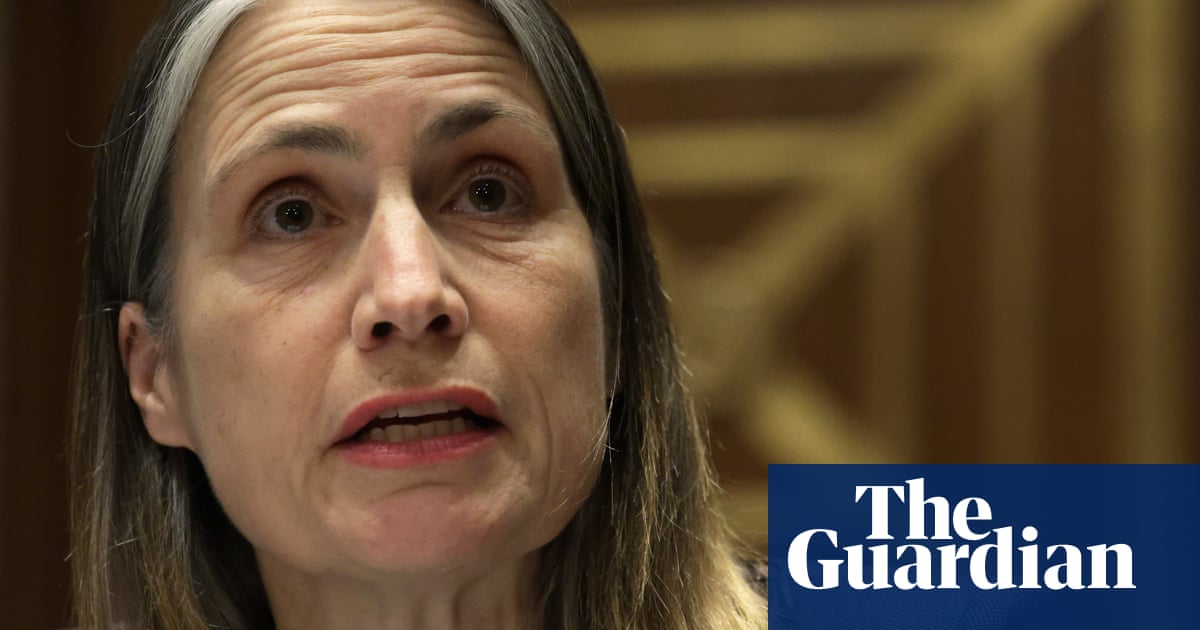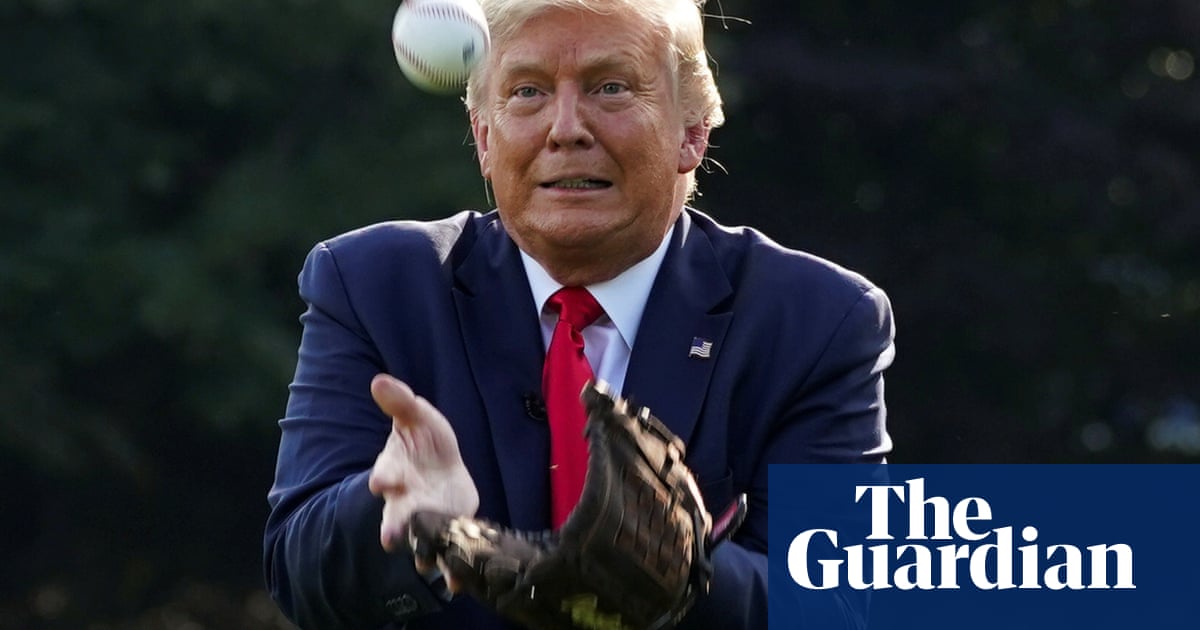Always eager to keep its readers up to speed, the Guardian marked the inclusion of the French rugby team in the Five Nations by providing a quick glossary of pertinent terms. “Marquer” was one, “plaquer” another, “melee” a third, all familiar enough now after a hundred-and-some years of playing each other. Another essential phrase has come into the French game in that time, one borrowed from the English, who are, amusingly, almost entirely oblivious to its significance: “Sorry, good game.”
This phrase, or something like it, is what the English captain Vince Cartwright said to the French players after they went down 35-8 in the first fixture at the Parc des Princes in Paris in 1906. “Sorry, good game,” or something like it, is what Ian Preece repeated after he had kicked the winning drop goal in an 8-3 victory in 1949, when France were on a run of 43 years without winning in England. “Sorry, good game,” is, most indelibly, what the French heard, over and over again, from Will Carling, during the back half of a run of eight straight English victories that spanned 1989-1995.
England v France: the teams
ShowTwickenham, 4.45pm GMT, Saturday 8 February
England M Smith; Freeman, Lawrence, Slade, Sleightholme; F Smith, Mitchell; Genge, Cowan-Dickie, Stuart, Itoje (capt), Martin, T Curry, Earl, Willis.
Replacements: George, Baxter, Heyes, Chessum, Cunningham-South, B Curry, Randall, Daly.
France Ramos; Penaud, Barassi, Moefana, Bielle-Biarrey; Jalibert, Dupont (capt); Gros, Mauvaka, Atonio, Roumat, Meafou, Cros, Boudehent, Alldritt.
Replacements: Marchand, Baille, Colombe, Auradou, Guillard, Jegou, Le Garrec, Gailleton.
God, Harry and England love Carling, but you can understand why that would rub someone up the wrong way. Which is how “Sorry, good game,” or some variation of it, has come to have its own entries in books by Bernard Laporte and Pierre Berbizier and in the French edition of Rugby for Dummies, why the great, galloping No 8 Imanol Harinordoquy has been described in interviews as being “haunted” by the phrase, and why after France’s last defeat at Twickenham, 23-20 in 2021, Antoine Dupont was asked how it felt to hear, again, “sorry, good game”.
If there’s one thing the French really fear in the English, it isn’t their scrum, their maul or their back-play, it’s their attitude when they beat you. Decades later, Carling was still being asked to explain what was described as “the legendary ‘good game’ affair” in an interview with L’Equipe. “I went to shake their hands and said: ‘Sorry, good game,’” Carling said. “They thought I was making fun of them. Frankly, I didn’t understand their rage. For me, ‘good game’ was an expression of the respect they inspired in me, and the relief of beating them. What did you want me to say? ‘Bad luck?’”
When England and France first played each other, back in 1906, the fixture was widely described as the “entente cordiale match”, after the diplomatic agreements between the countries just a couple of years earlier. The French union requested a game in 1905, the English accepted, and the following year they travelled to Paris for the very first fixture. The English beat them in a stiff wind. “The Frenchmen played with great dash and elan,” the Guardian reported, “but never looked likely to win and much of their football, while pretty to watch, lacked finish.”

The stereotypes the two teams have of each other were already taking hold. “Want of training and discipline reduced their value,” the Guardian said of the French, “but most of the men are fast, the flying run with which one of the wingers went through after intercepting a bad pass was one of the best things in the game, when they cultivate a little more restraint and defensive power, French sides of the national class should fully extend our players.” Well, it would be a while yet. The French lost again in 1907, 1908, 1909 … indeed all 11 meetings up to 1922, when they finally earned an 11-all draw.
It was another five years before they actually won one, 3-0 at the Stade Yves-du-Manoir in 1927. In England the next day’s paper carried the headline “The aftermath of Colombes”, as if the defeat were already so infamous, like one of the great battles, it could be understood by simple reference to the obscure corner of the foreign field where it took place. Congratulations to the French, who had, the press said, “fulfilled their highest ambitions as a rugby nation” but the English were “over-confident” and 20 minutes late for the game because they were caught in traffic, besides.
Although they’d been admitted to the Five Nations, France still hadn’t been allowed into the International Rugby Board. They still hadn’t won at Twickenham, either, and since they believed that the chief obstacle to joining the IRB was that the Rugby Football Union didn’t want them in it, their matches in the 1930s were played for high stakes. “Are our British friends waiting for this great event to admit us to the IRB?” asked one French journalist. “It would be humiliating for France if, having beaten all the British teams, she were not admitted to the great international assembly.” Since they hadn’t won at Twickenham, the English never had to worry about it.
It finally happened in 1951, when Jean Prat led them to an 11-3 win when England were down to 14 men, England handicapped, too, by the fact that they had changed up their usual pre-match routine. “Usually we’d have a half of beer, but on this occasion someone suggested a glass of sherry, because it dried you out,” remembered England lock Squire Wilkins. England were so bad at this point that the press hardly gave the French any credit at all, and the coverage concentrated, instead, on England’s “low standard of play”. And they still didn’t let the French into the IRB. They had to wait until 1978 for that.
After 45 years, the French had finally ended “the Twickenham tradition”. Ever since, the two teams, “our dearest enemies” have played on a more even footing. The English dominated the contest in the 80s and 90s, the French in the 70s, and given the way the two teams are shaping, may well in the 2020s too. But that phrase, “sorry, good game” still stings, even if it has been three years and counting since they last heard it.

 3 months ago
65
3 months ago
65

